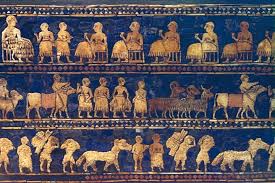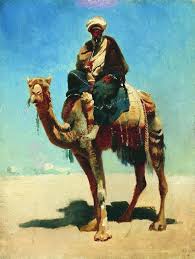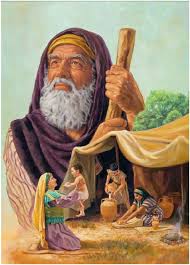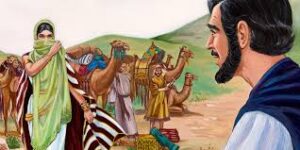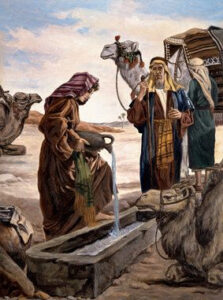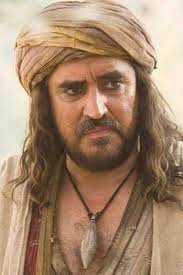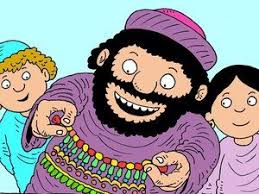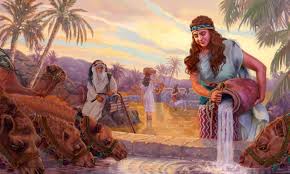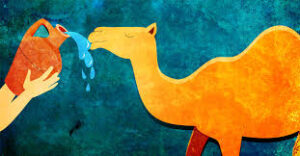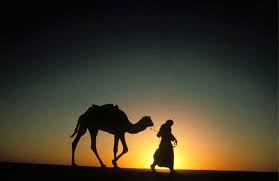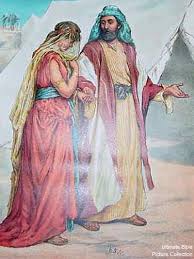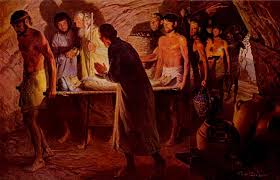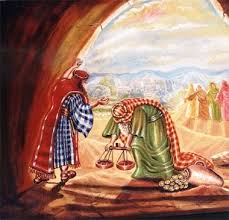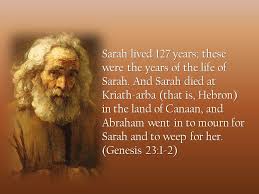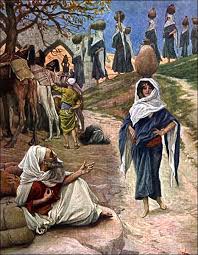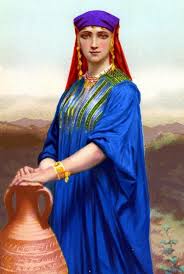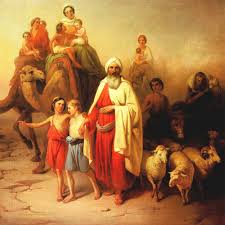Gj – The Death of Ishmael 25: 17
The Death of Ishmael
25: 17
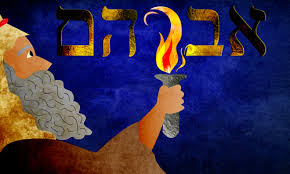
After inserting Ishmael’s genealogy into his own account, Isaac then recorded Ishmael’s death. Altogether, Ishmael lived a hundred and thirty-seven years. He breathed his last and died fifty-eight years before Isaac did. The reason for putting the death of Ishmael here is that Isaac wants to dispense with the non-seed line, before dealing with the seed-line of himself and Jacob.
And like his father Abraham, Ishmael was gathered to his people and went to the realm of the dead or sh’ol (25:17), in the heart of the earth (Matthew 12:40). Now even though this is the same phrase used to describe the death of his father, it does not mean he believed in the God of his father. Sh’ol was a place for both believers and unbelievers. We learn more about this from the story of the rich man and Lazarus. There was a rich man who was dressed in purple and fine linen and lived in luxury every day. At his gate was laid a beggar named Lazarus, covered with sores and longing to eat what fell from the rich man’s table. Even the dogs came and licked his sores.
The time came when the beggar died and the angels carried him to Abraham’s side. The rich man also died and was buried. In hell, where he was in torment, he looked up and saw Abraham far away, with Lazarus by his side. So he called to him, “Father Abraham, have pity on me and send Lazarus to dip the tip of his finger in water and cool my tongue, because I am in agony in this fire.”
But Abraham replied, “Son, remember that in your lifetime you received your good things, while Lazarus received bad things, but now he is comforted here and you are in agony. And besides all this, between us and you a great chasm has been fixed, so that those who want to go from here to there cannot, nor can anyone cross over from there to us” (Luke 16:19-26). So both Abraham and Ishmael went to sh’ol. And while we cannot be dogmatic about it, as much as Abraham loved his son, the fruit of his life seems to point to the fact that Ishmael, like the rich man, also ended up in hell, where he was in torment.
Ishmael refused to believe the truth that Isaac was the son of promise. It is precisely this lack of faith that separated him from his father during his time on earth and in sh’ol in the afterlife. In his pride, he believed he was the son of promise and this is exactly what the Muslims believe to this day. However, without faith it is impossible to please God (Hebrews 11:6a). When we look at the fruit of his life, and the opposition to the nation of Isra’el by his descendants, it is difficult to conclude that he believed in the God of Abraham. There is not a single shred of Scriptural evidence that Ishmael and Isaac had any spiritual fellowship. In fact, just the opposite is true. Sadly, they were separated in life, as they would be in death. They will both be in sh’ol until Jesus comes (Ephesians 4:8-10).403



